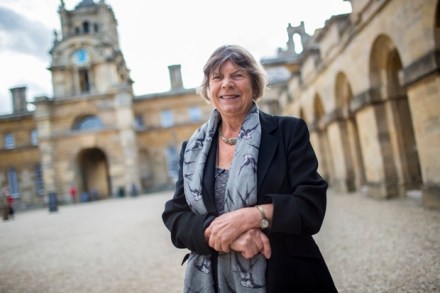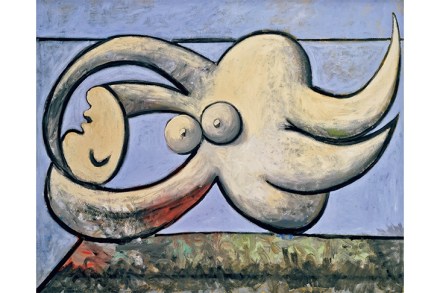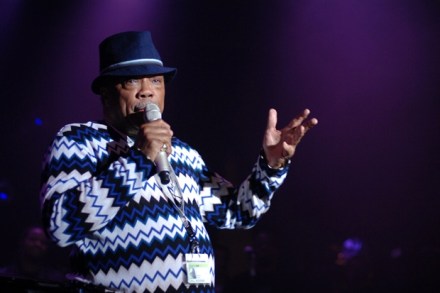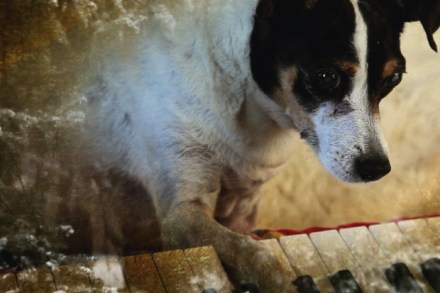Permanent ink
Brooklyn Shall I have my sister’s skin peeled off for display after she dies? Specifically, the tattooed bits — the swatches on either forearm adorned with foliate designs by her favourite artist, and the patch on her wrist inked in her own handwriting with transliterated Hebrew. I’ve always liked them, and not just because they annoy Mother. Should they be separated from her mortal remains, preserved through the wonders of mortuary science, and mounted in a shadow box to grace my bookshelf in her memory? I ran the idea by her the other day while lounging in her Brooklyn garden. Without looking up from the barbecue where she was grilling

















